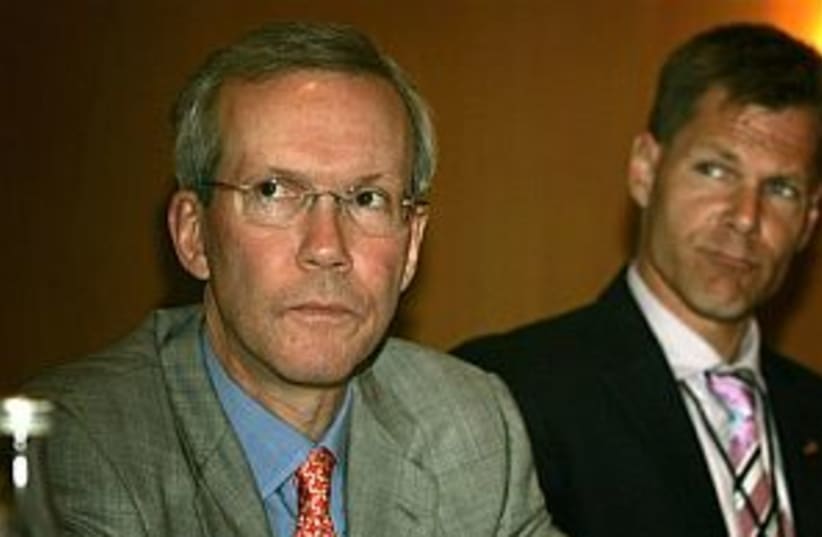| JPOST.COM HIT LIST | |
| JPost.com's most popular articles this past week |
US hopes to renew Olmert-Abbas talks
The immediate goal is to get Gilad Shalit released, say American officials.


| JPOST.COM HIT LIST | |
| JPost.com's most popular articles this past week |